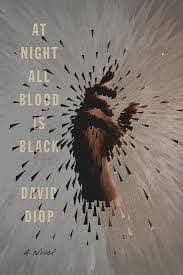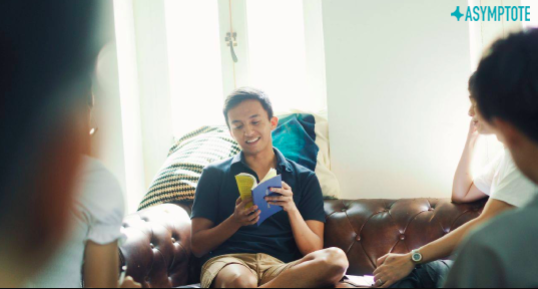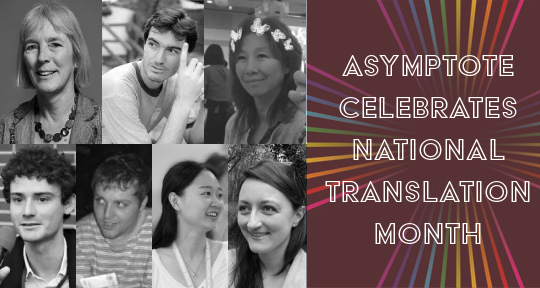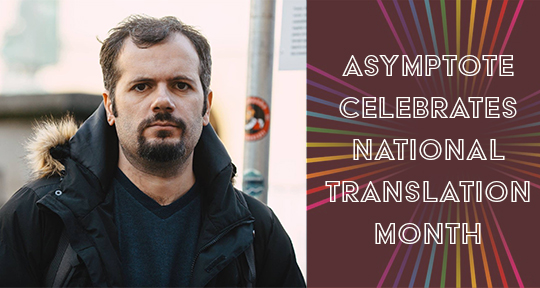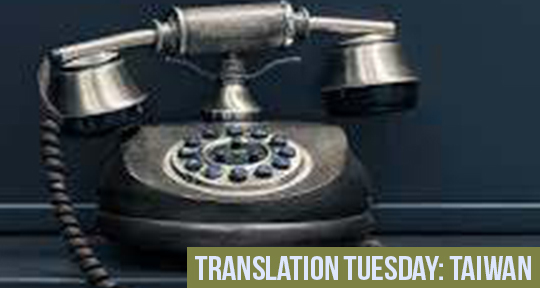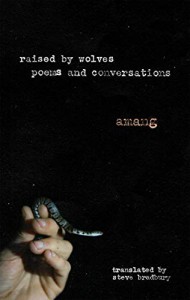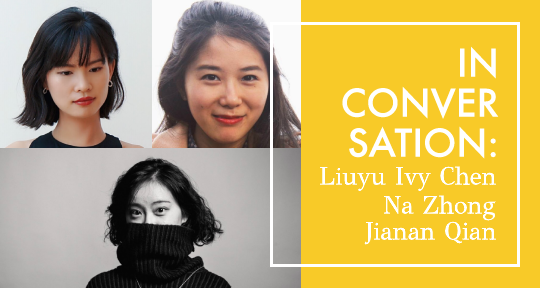Asymptote‘s Weekly Roundup is back for 2021 and this week our editors bring you news of major prize events in Taiwan, an event honouring the renowned writer Xi Xi in Hong Kong, and a refreshing online poetry series in the United States. Read on to find out more!
Darren Huang, Editor-at-Large, reporting from Taiwan
On December 15, the winners of the 2021 Taipei International Book Exhibition (TiBE) Book Prizes and the 17th Golden Butterfly Awards for book design were announced by the Taipei Book Fair Foundation. Both awards are major events at the annual TiBE, which starts on January 26. The winners featured a variety of forms and themes by writers from China, Taiwan, and Hong Kong, whose works reflect the prize’s investment in the “freedom of expression and freedom of publication as well as the tolerance and openness of this land.” Fiction prize winners include Huang Chun-ming, whose fiction has been featured in Asymptote, Kuo Chiang-sheng, and Pam Pam Liu’s graphic novel, “A Trip to Asylum.” Kuo’s novel concerns a piano tuner who bonds with the widower of a dead pianist, while Liu’s work, the first graphic novel to win in the fiction category, describes the experiences of a man who is admitted and finally released from a psychiatric hospital. In the nonfiction category, Hong Kong writer Hon Lai-chu won for her essay collection, “Darkness Under the Sun,” in which the author reflects on Hong Kong’s 2019 democracy protests.
In late November 2019, President Tsai Ing-wen awarded a posthumous citation to the nativist poet Chao Tien-yi for his contributions to contemporary Taiwanese poetry and children’s literature. Chao was one of the founders of the Li Poetry Society, a collective of Taiwanese nativist poets. Chao worked in a realist mode, through which he lyrically portrayed Taiwan’s landscape and the everyday lives of the working-class in such poems as “Cape Eluanbi,” an ode to the Pacific Ocean, and “Song of the Light-Vented Bulbul,” a nostalgic portrait of his hometown of Taichung. In 1973, the poet suffered a disappointing setback in his career when he lost his position as acting director of National Taiwan University’s (NTU) Department of Philosophy due to false accusations of Communist sympathies. Chao transformed his despair into the poems, “Daddy Lost His Work” and “Don’t Cry, Child.” The Ministry of Culture cited Chao’s works as “both mirror and window for reflecting upon a particular era in Taiwan for generations to come.”



